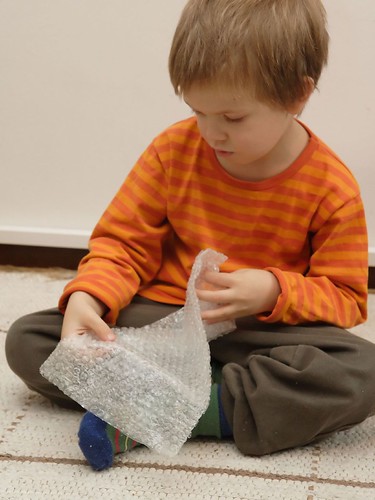A quick Scholar search of this term gives a few references to game-based learning. One useful article that appeared was Eynon & Helsper's paper
http://dx.doi.org/10.1177/1461444810374789 but that was only by chance that the words ended and started a sentance.
Why addictive? Because, as Kanuka and Rourke 2008 point out, 'when learner's private lives remain a priority, learning becomes a second priority.' I dont mind where the learning takes place, if a learning intervention can cause such a disruption to those priorities that related thoughts start firing off before dropping off to sleep, when you wake up, when the in the bath/shower, at breakfast, in the middle of your commute, distracting you from your work, distracting you in a meeting, cropping up in conversation over lunch, your Web-browser history is full of cross-references to it, and so on.
This is the very best form of mobile or ubiquitous learning, because we carry it around with us literally whereever we go. I link this with Goodyear's ideas about 'working knowledge'... (see
Goodyear, P. 2002. Psychological foundations for networked learning. In: Steeples, C. and Jones, C. eds. Networked learning: perspectives and issues. London: Springer.)
So, how can learning become an addiction?
 http://www.flickr.com/photos/miikas/
http://www.flickr.com/photos/miikas/



2 comments:
Hi Mark, I was very interested to read your comments in Martin Wellor's post about ePortfolio. I wondered...what's happening in the UK with nurses and midwives...are they moving to ePortfolio? If so, is this happening on a professional level, or led by educational institutions?
Hi Sarah - thanks for your questions - I can see you've been working on Portfolios on your blog so I'll pop over there and post a reply.
Post a Comment